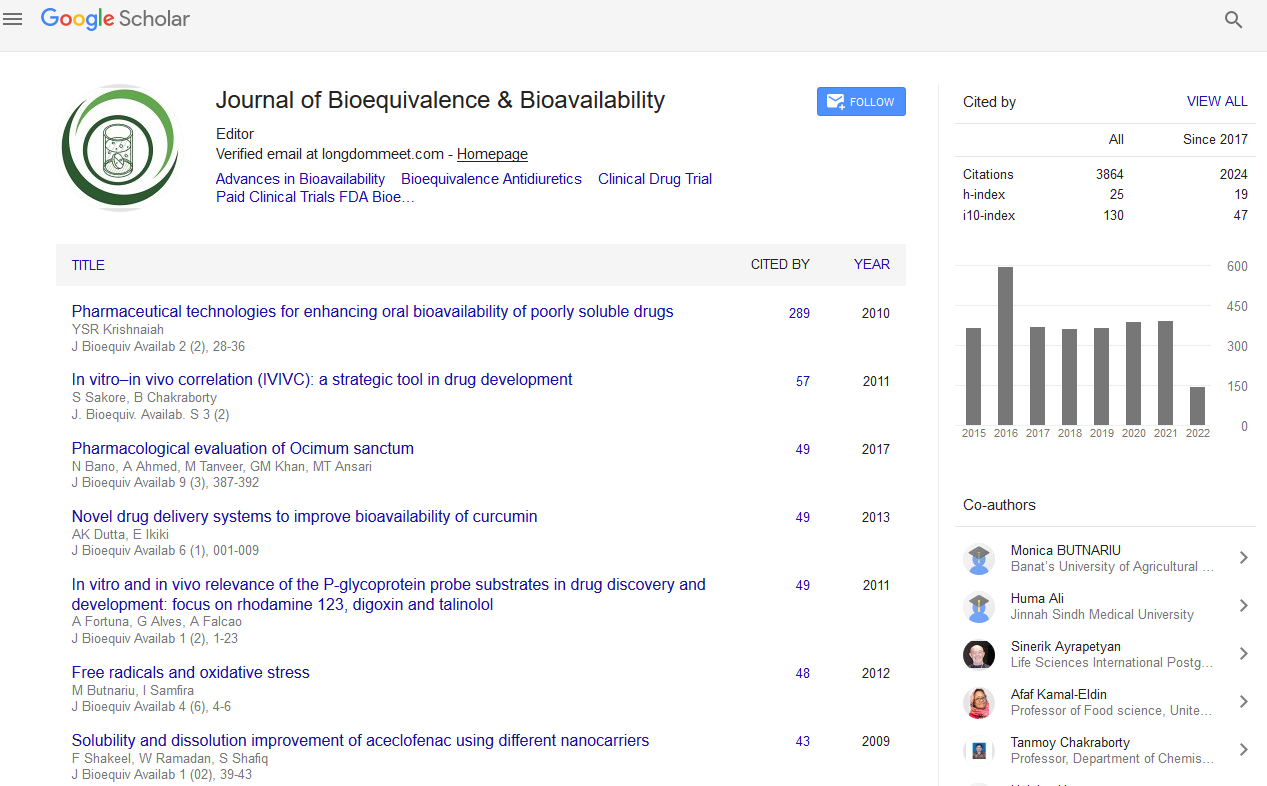PMC/PubMed Indexed Articles
Indexed In
- Academic Journals Database
- Open J Gate
- Genamics JournalSeek
- Academic Keys
- JournalTOCs
- China National Knowledge Infrastructure (CNKI)
- CiteFactor
- Scimago
- Ulrich's Periodicals Directory
- Electronic Journals Library
- RefSeek
- Hamdard University
- EBSCO A-Z
- OCLC- WorldCat
- SWB online catalog
- Virtual Library of Biology (vifabio)
- Publons
- MIAR
- University Grants Commission
- Geneva Foundation for Medical Education and Research
- Euro Pub
- Google Scholar
Useful Links
Share This Page
Journal Flyer

Open Access Journals
- Agri and Aquaculture
- Biochemistry
- Bioinformatics & Systems Biology
- Business & Management
- Chemistry
- Clinical Sciences
- Engineering
- Food & Nutrition
- General Science
- Genetics & Molecular Biology
- Immunology & Microbiology
- Medical Sciences
- Neuroscience & Psychology
- Nursing & Health Care
- Pharmaceutical Sciences
Abstract
Super-Antigens and Human Pathology: Always an Interesting Topic
Sur G, Sporis D, Kudor-Szabadi L and Samasca Gabriel
Superantigens represent a group of proteins that are able to activate a large number of different T lymphocytes clones. Superantigens are potent activators of CD4 + T cells, causing rapid and massive proliferation of cells and cytokine production. Superantigen administration is able to significantly enhance ineffective anti-tumor immune responses, resulting in potent and long-lived protective anti-tumor immunity. Superantigens are more well-known for the role they play in diseases. Some studies argue that in multiple sclerosis superantigens can induce severe relapses and activate auto-reactive T cells not involved in the initial bout of disease. Superantigens are produced by pathogenic microbes (bacteria, viruses and mycoplasma) into the cells and then are released outside the cells as mature toxins. There are two types of super-antigens: endogenous (viral) and exogenous (bacterial). They escape intracellular processing by binding directly to MHC II, outside the conventional site where antigens bind. Interaction of super antigens with T lymphocyte can produce the inhibition of the cellular response to energy. Superantigens may be involved in T cell apoptosis. Best known super-antigens are: staphylococcus aureus enterotoxins A and B and the streptococcus exotoxins A-G, streptococcus wall M protein, exotoxins produced by Clostridium perfringens, Yersinia enterocolitica. Recently it was ascertained that super-antigens play an important role in human pathology, with a dramatic effect on the immune system. These molecules are involved in various diseases, such as: Toxic shock syndrome, Kawasaki disease, Eczema, Guttate psoriasis, Rheumatoid arthtritis, Diabetes mellitus, Scarlet fever, Nasal polyps.


